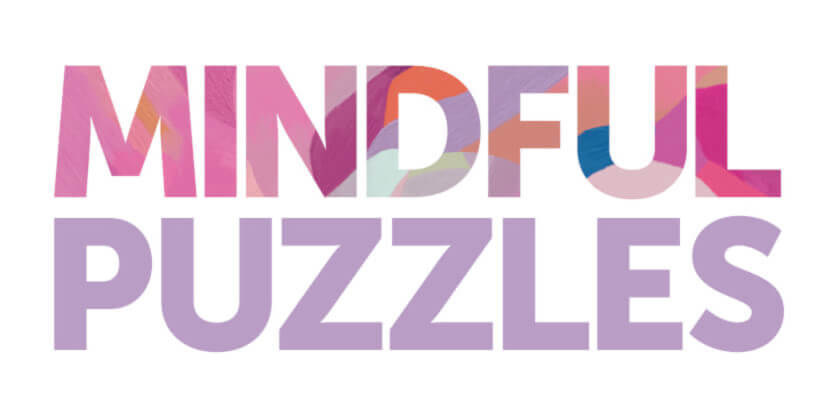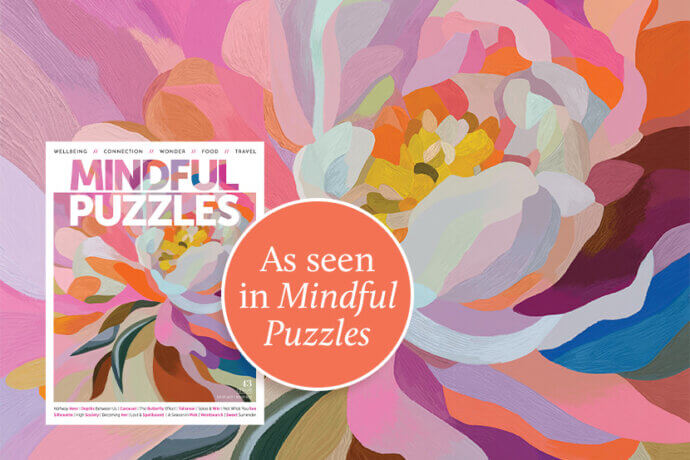
Mindfulness has established itself as a powerful practice to improve wellbeing, performance, and relationships. Regular practise aids our ability to be more aware and focused, and to live our lives more fully.
The roots in Buddhist meditation
The concept of mindfulness lies at the heart of Buddhist meditation and was first described in the Pāli Canon, a collection of literary, intellectual and spiritual scriptures, which make up the foundation of Theravāda Buddhism.
Foundations of mindfulness in Buddhist philosophy
According to Buddhist philosophy, mindfulness is a distinct quality of paying attention and Buddhists advocate four foundations for practising it: the posture of the body; our feelings and sensations; our state of mind or consciousness; and mental objects or phenomena. When practised regularly, mindfulness meditation is believed to enhance our appreciation of life through sustained attention to our immediate experiences.
Defining mindfulness: perspectives from experts
So, what is it? “There is no single universally agreed upon definition of mindfulness,” says Matthew Young, director of the Melbourne Meditation Centre. “Firstly, mindfulness is not a ‘thing’; it’s a way of paying attention more consciously than we normally do, so that we can see things with greater clarity and understanding, in order to respond in more skilful ways.”
Engagement in each moment
According to Dr Richard Chambers, a clinical psychologist and mindfulness expert, mindfulness is simply being fully aware and engaged in each moment. “It involves paying attention to what we are doing with an attitude of openness and curiosity,” says Dr Chambers.
Cognitive benefits of mindfulness meditation
Research has shown that practising mindfulness meditation strengthens the prefrontal cortex, which is responsible for our attention, memory, managing emotions and self-awareness. Mindfulness also strengthens the hippocampus – the brain’s
long-term memory area – which is responsible for our physical and emotional state. “As these brain areas become stronger, we become more able to focus,” says Dr Chambers. “Research shows this significantly improves our productivity. We also spend less time worrying and reliving past events, which reduces levels of stress, anxiety, and depression.”
Practical tips for mindfulness practice
How do I do it, I hear you ask. Practising mindfulness is incredibly accessible in our day-to-day lives. “You can be mindful of anything, including your thoughts and emotions, the sounds and sights around you, physical sensations, your speech and behaviour,” says Young. As you’re holding this magazine and reading this article, become conscious of your breath, of the feeling of the paper and of the light and noise surrounding you. Once you’re in tune with the present moment, you’re being mindful. You don’t have to ‘do’ anything with this awareness – of your breath, the feeling of the magazine pages, and the light and noise around you – just notice it all and then let it go. Mindfulness does not mean getting rid of your thoughts. As Dr Chambers explains, “When we meditate, thoughts continue, and trying to stop them makes things worse. But we can learn to recognise when we get caught up in them and bring our attention back – so we spend more time in the present.”
Meditation as a path to mindfulness
Another way to practise mindfulness is through meditation, which Dr Chambers believes is necessary in our 24/7 lives. “Because we live in such an unmindful world – with fast-paced living, digital technology and other people being unmindful – it is necessary to have a regular practice to counteract this,” he says. “This is why a formal meditation practice – even for just five to 10 minutes a day – can be very useful.”
Impact on wellbeing
Incorporating mindfulness practices into your daily life can have a profound impact on your overall wellbeing. From reducing stress and anxiety to improving concentration and decision-making, there are many benefits to incorporating a mindfulness practice into your everyday routine. So why not give it a try? Whether it’s through meditation, yoga, or simply being more present in your daily activities, there are many ways to incorporate mindfulness into your life. Start small, be patient with yourself, and enjoy the journey of discovering a more mindful way of living.
This article was originally published under the title The science of mindfulness in Issue 34 – Secrets of Self-Care. You can purchase this issue and enjoy more enchanting content here.




















